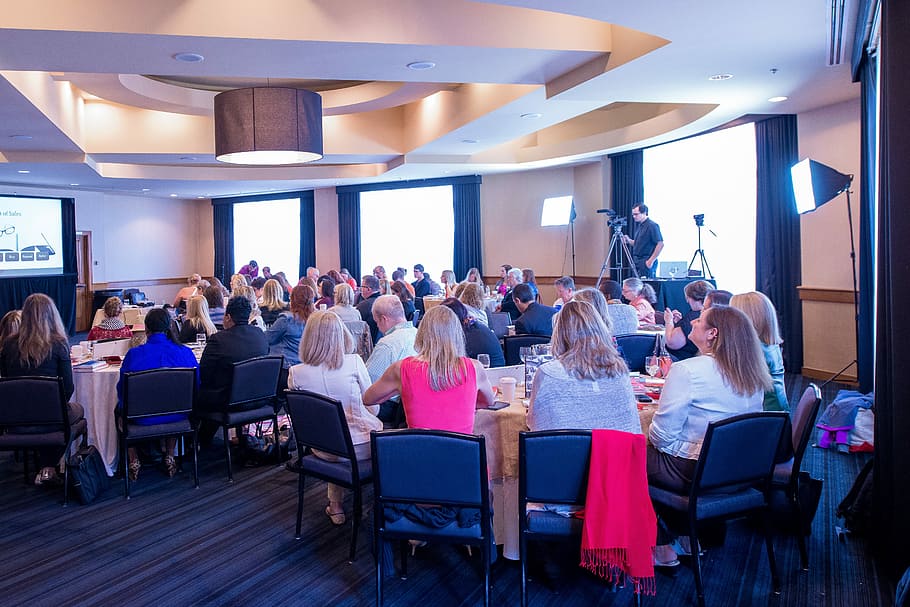In the world of event planning, success isn’t just about having a great venue and exciting activities—it’s also about how well you market your event. Effective event marketing can make or break your event’s attendance and overall success. To help event organizers like you, I’ve put together a comprehensive guide to nine proven event marketing strategies that can elevate your event to new heights.
- Define Your Audience: Before you start promoting your event, take the time to clearly define your target audience. Understand their demographics, interests, and preferences. This knowledge will guide your marketing efforts and help you reach the right people with the right message.
- Create Compelling Content: Content is king in today’s digital age. Develop engaging content related to your event, such as blog posts, videos, infographics, and social media posts. Share valuable information, behind-the-scenes peeks, and sneak peeks of what attendees can expect. Make sure your content is visually appealing and shareable to maximize its reach.
- Utilize Social Media: Leverage the power of social media platforms to promote your event. Create event pages or hashtags across platforms like Facebook, Twitter, Instagram, LinkedIn, and TikTok. Regularly post updates, teasers, and countdowns to build excitement and encourage engagement. Encourage attendees to share their excitement and experiences, turning them into brand ambassadors.
- Email Marketing Campaigns: Build an email list of potential attendees and use targeted email marketing campaigns to promote your event. Craft personalized and compelling email content, including event details, speakers, activities, and exclusive offers. Segment your email list based on interests and engagement levels for more effective communication.
- Partner with Influencers and Sponsors: Collaborate with influencers relevant to your event’s niche or industry. They can help amplify your message to their followers and drive attendance. Additionally, partner with sponsors who can contribute resources, funding, or promotional support in exchange for visibility and branding opportunities at your event.
- Offer Early Bird and Exclusive Discounts: Create a sense of urgency and incentive for early registrations by offering early bird discounts or exclusive perks to early attendees. Highlight the value they’ll receive by registering early, such as access to VIP areas, special workshops, or limited-edition merchandise.
- Utilize SEO Strategies: Optimize your event website and online content for search engines (SEO) to improve visibility and attract organic traffic. Use relevant keywords, meta tags, and descriptive content. Create landing pages for specific event aspects, such as registration, agenda, speakers, and FAQs, to enhance user experience and conversions.
- Host Pre-Event Webinars or Workshops: Generate buzz and provide value to potential attendees by hosting pre-event webinars, workshops, or Q&A sessions. Cover relevant topics related to your event theme or industry, showcasing your expertise and building credibility. Use these sessions to interact with attendees, address their questions, and encourage event registrations.
- Implement Post-Event Engagement: The marketing effort doesn’t end when the event concludes. Follow up with attendees through post-event surveys, thank-you emails, and social media posts highlighting key moments and takeaways. Encourage attendees to share their feedback, testimonials, and experiences, which can fuel future marketing efforts and enhance your event’s reputation.
By implementing these nine event marketing strategies effectively, you can attract more attendees, boost engagement, and create memorable experiences that keep attendees coming back for more. Remember to track and analyze your marketing efforts using data analytics tools to measure success, identify areas for improvement, and refine your strategies for future events. With a well-planned marketing approach, your event is sure to shine brightly in the competitive landscape of live experiences.

